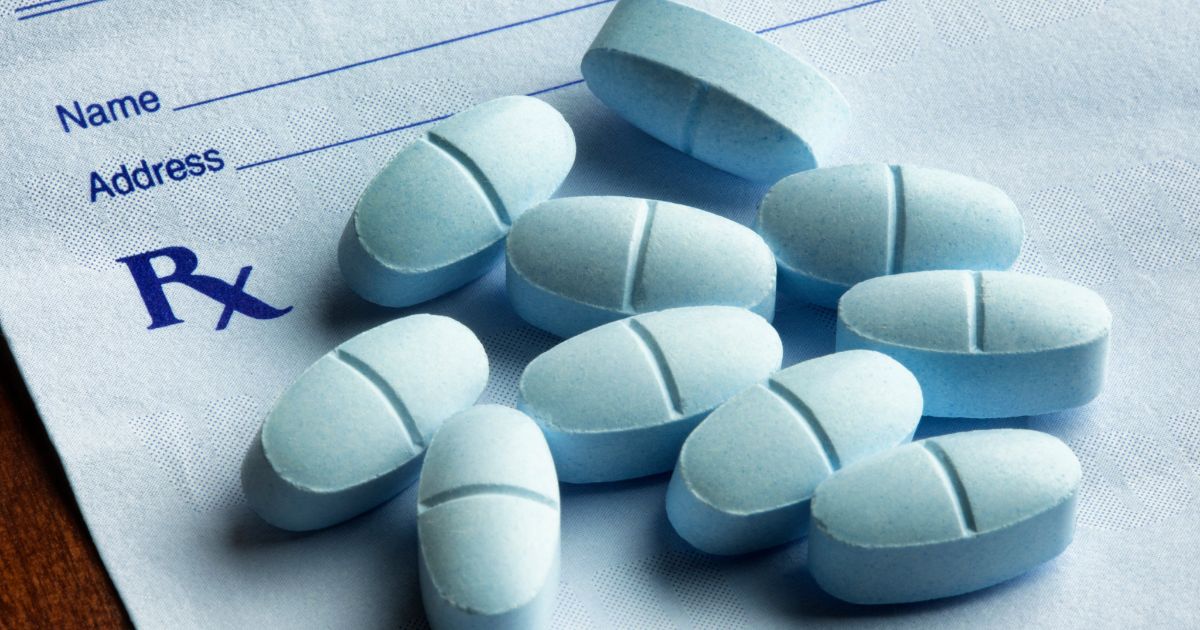Ways To Treat Epiploic Appendagitis
Epiploic appendagitis is an acutely painful condition that can affect the abdominal region. Sometimes the lining inside of the abdomen and around the organs can collect fat tissue, creating appendages located mostly along the colon. When the tissue becomes inflamed, intense pain can mimic other abdominal conditions, such as appendicitis and diverticulitis. Due to the rarity of this condition, it is often overlooked and mistaken for another health issue. Inflammation and torsion of an appendage are seen as the most likely causes of the pain. While epiploic appendagitis will typically resolve by itself, some treatments can help to reduce the pain and prevent the condition from recurring. Get to know them now.
Take Recommended Pain Relievers

Non-steroidal anti-inflammatory medications are the first line for pain relief for symptoms associated with epiploic appendagitis. Patients should take recommended pain relievers as directed to reduce the risk of side effects. Because epiploic appendagitis typically resolves itself in about a week, there should not be a high risk for complications associated with long-term use of this kind of medication. One of the prominent factors of choosing non-steroidal anti-inflammatory medication over other types of medication is that not only do they help reduce painful symptoms, they can also reduce inflammation, which is a major cause of pain in epiploic appendagitis.
Get details on more treatments for epiploic appendagitis now.